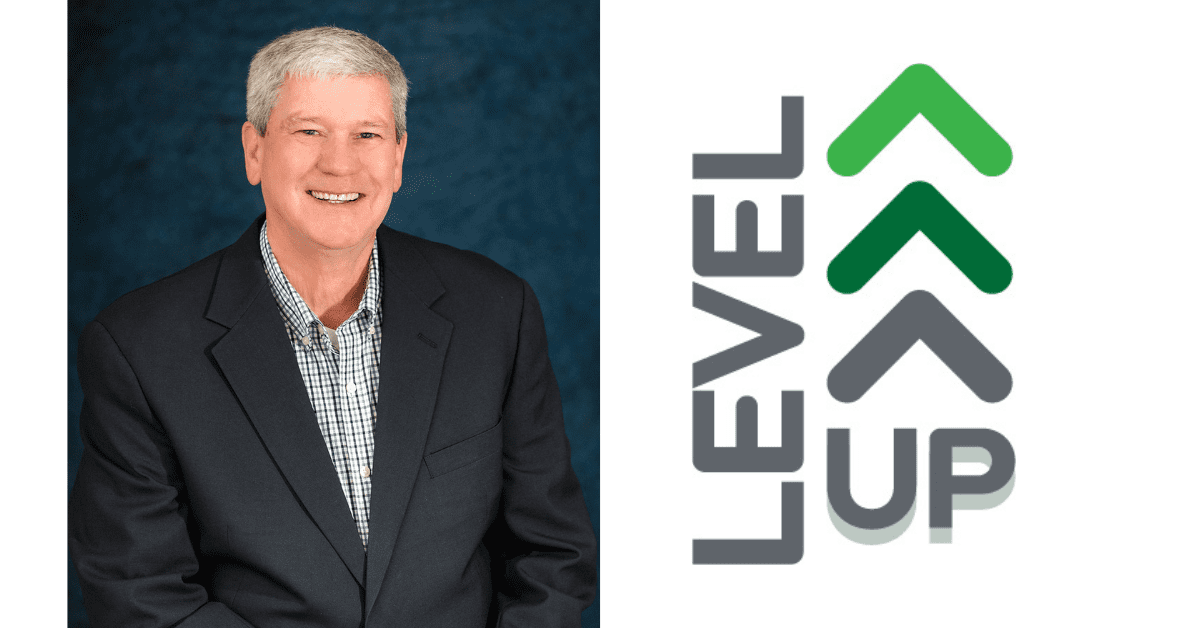
Our Level Up series shares the strategies that help landscape and lawn care companies get to the next level.
At the age of 18, Steve Corrigan, president of Mountain View Landscapes, Inc., based in Chicopee, Massachusetts, landed his first commercial client when an apartment manager told him they were looking for someone to cut the grass.
Corrigan had started cutting grass in high school in 1974 and when he went to a local community college to learn about landscaping, he met his future business partners Tom and Marty. He says Tom grew the fertilizer side of the business, Marty worked as their field guy, and he served as the estimator and salesperson.
The three worked together until 2006, when they amicably went their separate ways, with Tom taking the fertilizer side of the business.
“We would have never gotten to where we were in 2006 without the three of us doing what we did,” Corrigan says. “We’ve always had a different focus; we made it grow.”
Corrigan says when they split the business, he didn’t lose any employees, and they had around 40 to 50 people on staff at the time.
The company has grown steadily and is now at an annual revenue of $20-22 million. Corrigan says he doesn’t have an ideal company size they’re trying to reach.
“We grow to sustain what we need to do because your costs go up every year, so you need growth,” Corrigan says. “You just can’t be stagnant. We haven’t put this magical thing out there that in 10 years we’re going be a $30 million company and all that.”
Keys to Success
Corrigan says that their people, their systems and processes, and working with a number of industry advisors have all fueled their company’s growth.
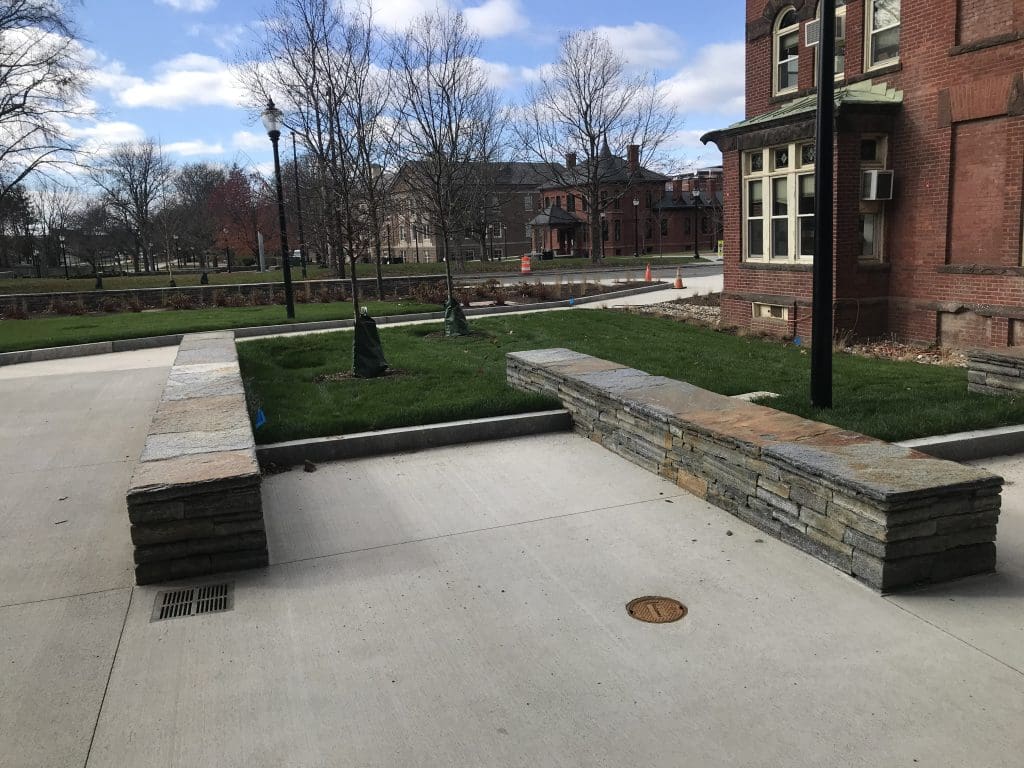
His company philosophy is that their people are their greatest asset.
“Without the people here, we wouldn’t do we wouldn’t be doing what we’re doing,” Corrigan says.
Starting out, he admits he didn’t know if they were making money or losing money until the end of the year. Now, they prepare financial statements on a monthly basis. He says they implemented their systems early on in the business, but over the years, they’ve gotten more sophisticated with it.
“Anything over $5,000 gets job costed, so we know when we’re making money or losing money on projects,” Corrigan says.
While the company has been doing commercial grounds maintenance from day one, Corrigan says their main focus for years was landscape construction work for general contractors.
Corrigan says the biggest benefit of being an NALP member is getting to meet with others in the industry. Industry peers encouraged Corrigan to grow the maintenance side of the business for recurring revenue.
During the recession, Corrigan had to lay managers off and he said it was a struggle having to shrink the business. It was at that point he decided they needed to have more recurring maintenance work so this type of situation wouldn’t happen again.
Mountain View joined LandOpt and went from $1 million in maintenance to $5-6 million in maintenance business.
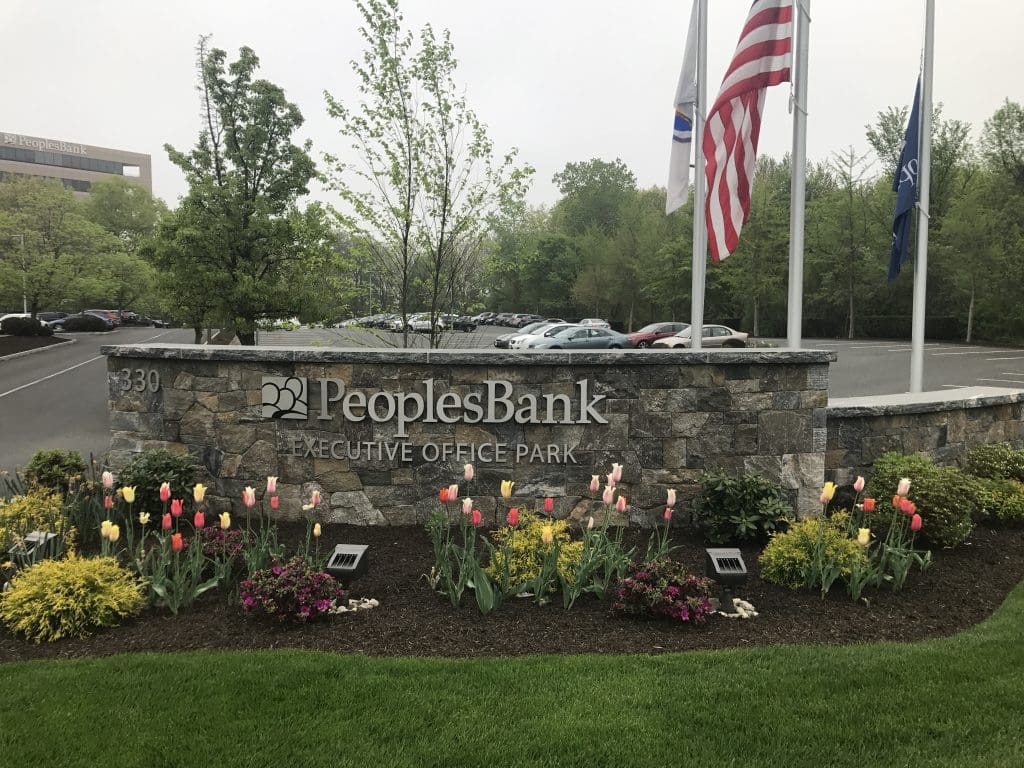
Commercial landscape construction still makes up the majority of Mountain View’s revenue, bringing in $15 to $18 million a year. They have worked as a subcontractor on various projects at places like the University of Massachusetts Amherst College and Williams College, as well as parks and playgrounds for various cities.
“We’re always looking at that type of work and we have relationships with architects and engineers that we get invited to look at a lot of different things,” Corrigan says.
With the possible recession, Corrigan anticipates a pullback in commercial construction spending.
“If institutions have to borrow money to get things done, they may think twice about paying higher interest rates than the lower rates we were all used to,” Corrigan says.
In the last 10 years, one of the biggest services they’ve added is natural and synthetic turfgrass athletic field construction. Corrigan says they’re always paying attention to what’s going on in the industry to see where to expand their services.
Recruiting and Retention
Mountain View has around 85 to 90 employees during the peak season, with 20 full-time staff members.
Corrigan says their seasonal employees return to do snow work and they have pretty good longevity with their employees. Many have been with the company for 15 to 25 years. Corrigan says most of them are okay with being laid off for the time period before the snow season.
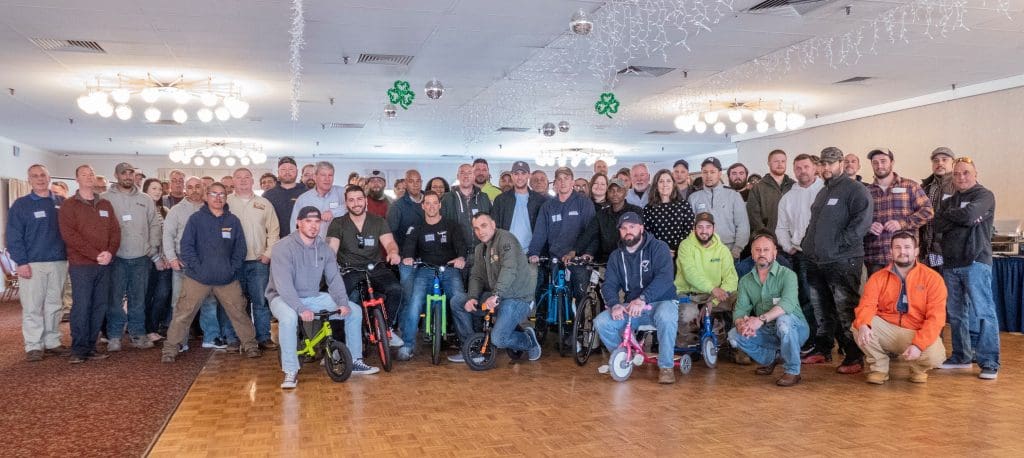
Everyone is paid a special snow rate because staffing for snow work is always a challenge, with employees having to be ready and available at all times.
The company brought on a full-time recruiter right before COVID hit. Corrigan says their recruiter takes in applications, does interviews, screens people and asks if they can pass a drug test. Finding individuals who can pass a drug test and have a valid driver’s license are two of their biggest challenges currently.
Corrigan says that while marijuana is legal in the state, but they hire under Department of Transportation guidelines, which does not allow for marijuana to be in your system.
Mountain View retains their employees by treating them well and ensuring they receive generous benefits, including competitive pay, health insurance, 401(k), vacation and sick time. Corrigan says they utilize the Compensation and Benefits Report to make sure they are staying competitive with their benefits.
Corrigan says they make a point to conduct 30-day and 60-day reviews with new hires to make sure they’re a good fit.
“If people make it a year here, they usually end up being longer-term employees with us,” Corrigan says. “They get weeded up pretty quick if they’re not performing; the field people will weed one another out. We try not to prolong it. If somebody’s not working out, we sit down with them.”
As the company grows, Corrigan says that communication is the biggest thing to maintaining their culture. He says they can’t have long-term employees without a decent culture. They are also actively involved in the community where they volunteer.
Exit Planning
While Corrigan still enjoys what he’s doing, he is currently working with his son, Sean, on his exit strategy.
Corrigan says there are a lot of financial nuances you need to get people on board with the transfer of ownership and do it right. He says your accountant and attorney are key advisors. Corrigan has also talked with others in peer groups who are going through the same situation of passing the business on to the next generation.
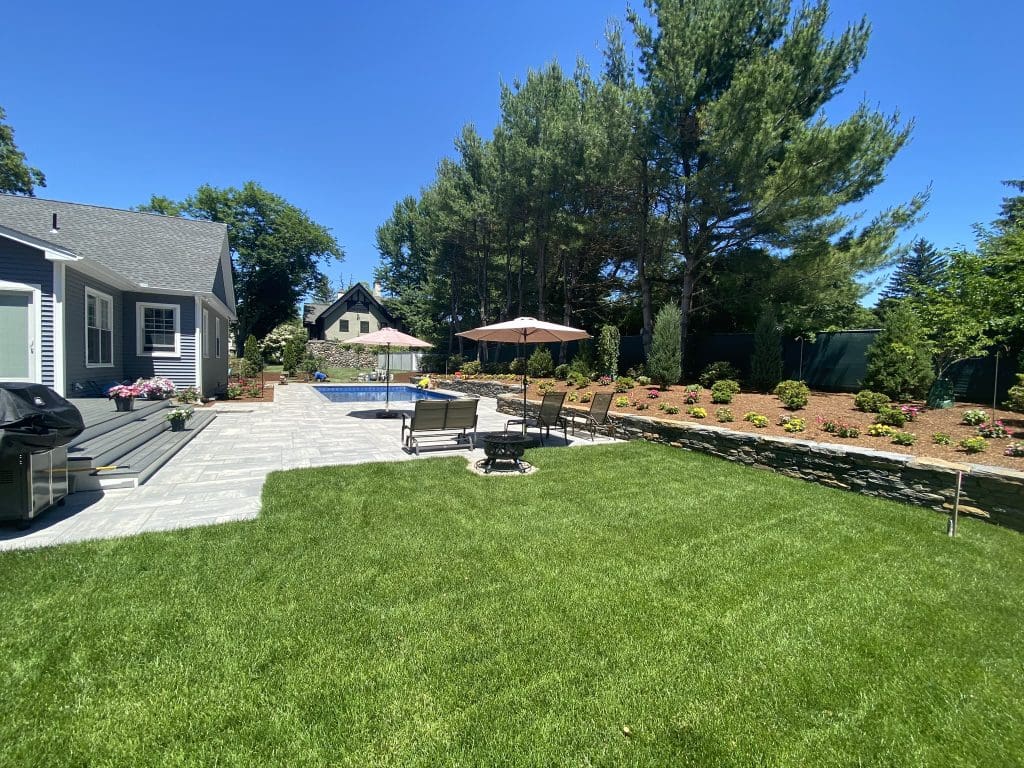
“You can’t just flip a switch and make it happen, particularly on the financial end of things,” Corrigan says. “You need to be able to do it so that whoever you’re transferring to can afford to make the payments to buy whatever out they’re buying.”
His son is in his mid-30s and has worked for the company his entire life. Corrigan says Sean has been working in the field up until three years ago. He now runs the operations of the construction division and Corrigan is working on a succession plan with him and his wife Stephanie, who is their HR person. He says in his son’s case, he always knew he wanted to run the business one day.
“I don’t want to stop, but I want to semi-retire,” Corrigan says. “I’m 67 and I should have started sooner. My plan is to fully work until 70 to 72. I really enjoy what I’m doing. I enjoy the people and I enjoy what we do.”
Click here to read more Level Up stories.

